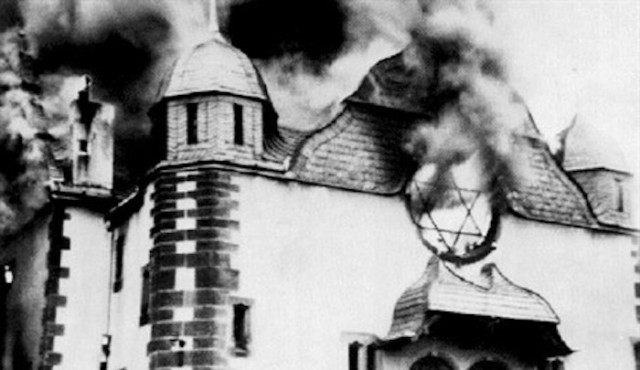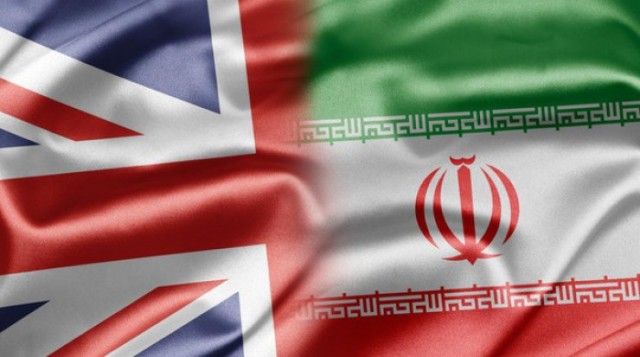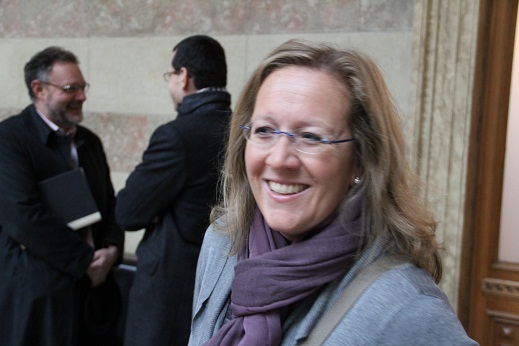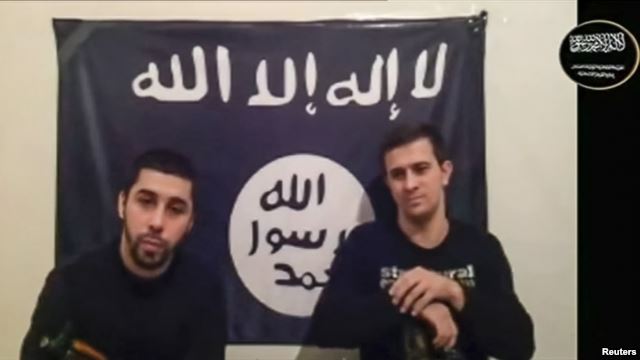Will Bitcoin Ever Stabilize?
 Bitcoin and other cryptocurrencies are notorious for their volatility. Their value fluctuates from time to time. There is always an air of uncertainty surrounding their value and future. But what exactly makes BTC price so volatile? Will BTC ever stabilize?
Bitcoin and other cryptocurrencies are notorious for their volatility. Their value fluctuates from time to time. There is always an air of uncertainty surrounding their value and future. But what exactly makes BTC price so volatile? Will BTC ever stabilize?
If BTC is to become a global currency, it must overcome its volatility. Despite its market capitalization growing to its current $60B mark, BTC is still struggling with uncertainty and volatility putting its potency as a global currency into question. So, let’s discuss what exactly makes cryptocurrencies that volatile and how can BTC become stable?
Why Cryptocurrencies Are Highly Volatile
1. Cryptos Considered Store of Value and Not Value Transfer Media
One barrier that stands on a way of cryptos’ growth is the opinion of millions worldwide that cryptos are just a store of value. People don’t see them as a currency but as assets that will be valuable in the future. As such, they don’t freely exchange them but rather hold them waiting for their values to skyrocket.
Most holders of BTC don’t use their coins for daily transactions but rather stack them waiting for prices to hike before they sell them. This creates a precarious scenario where events and news massively affect the price of BTC because of mass actions of panic. For instance, if there is news of a government planning to ban BTC in a given country, all those holding BTC in that country will try to sell which will flood the market and cause a drop in the price of BTC.
If BTC is to be considered a global currency, then people need to freely use it to pay for goods and services. Simply put, people need to use the coin in their daily transactions. How often and willing people are to use a currency for their transactions is the true sign of a global currency.
2. Security Concerns
Although fiat currencies have security concerns of their own, they are insignificant comparing to the issues that cryptocurrencies face on a regular basis. Cryptocurrencies have more security loopholes than fiat currencies. In 2019 alone, BTC and other cryptos lost more than $4.4Billion to scams and other security breaches.
These losses are a big part of the volatility experienced in cryptocurrencies. The more significant are the losses in cryptos, the lower the confidence that people have in them.
Unless cryptocurrencies fix their systematic security vulnerabilities, they will always be subject to volatility. Any high profile scams or losses will always have a ripple effect and affect the price of a cryptocurrency.
3. Uncertainty
The lack of certainty regarding the future of cryptocurrencies leaves them open to season fluctuations. Not a single person is sure of what the future holds for cryptocurrencies, which leaves many people with a lot of questions concerning adopting the cryptocurrencies.
As it currently stands, too many factors affect the price of BTC. Government regulations, market factors, security breaches, ‘HODLing among many other factors. The lack of proper measures in place to ensure that the effects of all the aforementioned factors are mitigated leaves a cloud of uncertainty hanging over cryptocurrencies like BTC.
4. Fluctuating Demand
BTC’s demand is always bouncy. Therefore, there is always a fluctuation in its price. Since BTC’s supply is almost constant. Moreover, just like the real gold becomes harder to mine with time, bitcoin halving makes it harder to mine the digital gold as the reward will be two times smaller.
At the same time, huge fluctuations in the demand will always have a ripple effect on the price. This makes BTC a bad choice for a global currency. There is just too much uncertainty in its price for people to gladly accept and use BTC.
So, Will BTC Ever Stabilize?
Having seen why cryptos are so unstable, let’s discuss what does the future hold for BTC? Will Bitcoin ever stabilize?
As the leading cryptocurrency in the world, BTC is expected to be the first digital coin the price of which will stabilize. If BTC is to be considered a true global cryptocurrency, it has to overcome its volatility. But how can it achieve this?
Ways BTC Can Reduce Volatility
Increase Demand For BTC
Since there can only be 21 million BTC in existence, the community should work towards increasing the demand and usage of BTC to a global scale. Once the demand is on a global scale and its usage is frequent and ‘normal’, the fluctuation in the price will be lower and BTC will be deemed stable.
Address Security Breaches
Since BTC is open-source software, the community has the collective responsibility of ensuring that the platform is safe for public use. Loopholes in the network should be reported and any individuals engaging in unscrupulous deals should be permanently banned from using BTC. Once the whole ecosystem becomes safe for the use of all, the confidence levels will go up and more people will adopt BTC.
Mass Education
Although most people generally have an idea of what cryptocurrencies are, very few of them have proper knowledge of how to use BTC instead of fiat currencies. If the global usage of BTC is to increase, there is a need for proper mass education and sensitization programs. These programs will see an increased uptake of BTC and other cryptocurrencies.
Conclusion
BTC has a long way to go. Bitcoin is far from the point of long-lasting stability. Its volatility is too high for it to be used on a global scale. However, cryptocurrency is still a young technology that will show a massive potential once the stakeholders will start work towards making it stable.





